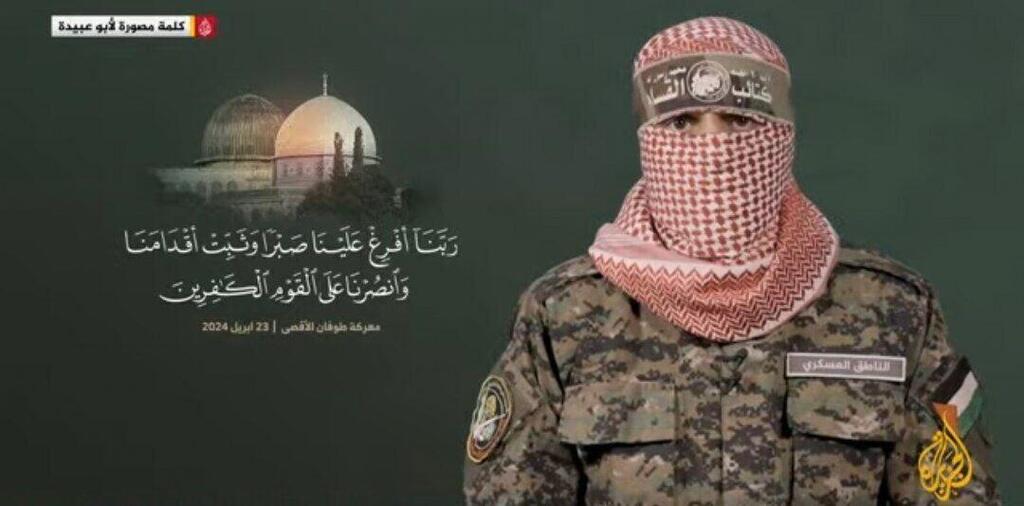Hamas on Monday accused Israel of repeatedly violating the cease-fire agreement and announced it was postponing the release of three hostages that had been scheduled for Saturday.
Hamas military wing spokesman Abu Obaida said the delay would remain in effect until Israel recommits to the agreement and provides "compensation" for recent alleged breaches.
2 View gallery


Remaining 17 hostages slated for release in first phase of hostage deal
(Photo: Courtesy of the families)
He outlined the violations Hamas claims have occurred since the deal took effect, including restrictions on displaced Palestinians returning to northern Gaza, Israeli shelling in various areas and a failure to deliver humanitarian aid as agreed. "Meanwhile, the resistance has upheld all of its commitments," he added.
Meanwhile, Israeli officials accused Hamas of repeatedly violating the cease-fire agreement and warned that its actions, including inflammatory rhetoric and false claims of Israeli breaches, could jeopardize the deal and lead to renewed hostilities.
Defense Minister Israel Katz called Hamas’ announcement a "complete violation of the cease-fire and the hostage release deal."
"I have instructed the IDF to maintain the highest level of readiness for any possible scenario in Gaza and to defend Israeli communities. We will not allow a return to the reality of October 7," he said in a statement.
Get the Ynetnews app on your smartphone: Google Play: https://bit.ly/4eJ37pE | Apple App Store: https://bit.ly/3ZL7iNv
An Israeli negotiating team that returned early Monday from Qatar conveyed to mediators in Doha that Hamas' conduct was endangering the agreement. Israeli officials emphasized that Israel has upheld its commitments, including withdrawing from the Netzarim Corridor, opening the Rafah crossing and repositioning its forces as required under the deal.
Discussions in Doha focused on various aspects of implementing the first phase of the agreement, which is now at risk. Talks also addressed the condition of recently freed hostages—Ohad Ben Ami, Eli Sharabi and Or Levy—who showed signs of severe malnutrition, raising concerns about the treatment of those still in captivity.
Israeli officials also rejected Hamas’ accusations that Israel is blocking humanitarian aid deliveries to Gaza. "These claims were investigated and found to be baseless," an Israeli source said, calling Hamas' stance irresponsible and potentially harmful to the deal’s implementation. Officials warned that Hamas’ "aggressive rhetoric and false allegations" were creating a blame game that could derail the agreement and escalate tensions.
The Israeli delegation to Qatar included senior security officials, including a former deputy head of the Shin Bet, hostage coordinator Gal Hirsch and representatives from the Shin Bet, Mossad and Military Intelligence. An Israeli official dismissed reports that the mission was a mere formality, insisting that "serious and significant discussions" took place.
Under the current agreement, Hamas was expected to release a total of 33 hostages. So far, five rounds of releases have freed 16 captives, with 17 more set to be released in the remaining three rounds.



